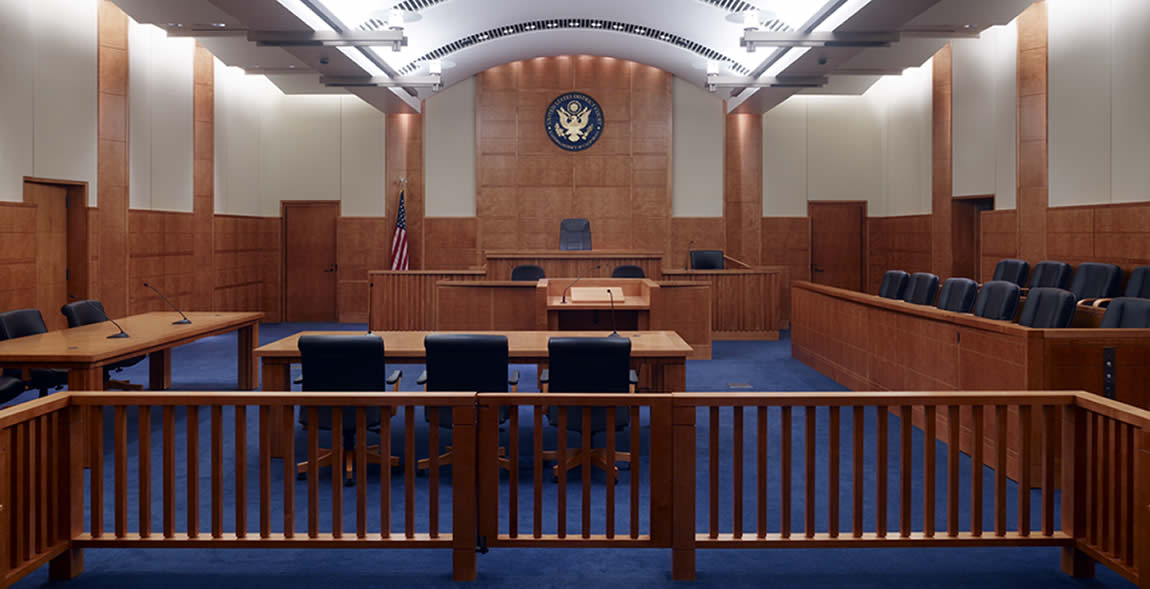 Se Habla Espanol
Se Habla Espanol
Criminal Defense | Misdemeanors Attorney Fresno

Attorney Eric P. Escamilla 923 Van Ness Avenue, Suite 100 Fresno, CA 93721 Phone: 559-485-2535 Fax: 559-485-3303
What is a crime?
A crime is an act committed or omitted in violation of a public law forbidding or commanding it and for which punishment is imposed upon conviction. A criminal case arises when the government seeks to punish an individual for an act that has been classified as a crime by Congress or a state legislature and a prosecutor, rather than the crime victim, initiates and controls the case. Crimes are categorized by Congress as felonies and misdemeanors, although there are many different types of crimes that fall under each class.
• Petty Offense: Petty offenses, also known as infractions, fall into a sub-group of misdemeanors. In short, they are misdemeanors that never warrant any time in jail. A person who commits a petty offense will usually get a ticket or citation, and they are typically tried before a magistrate in a summary proceeding. The matter is normally handled all on the date of the first appearance by the defendant in court, and the typical punishment for a petty offense is the imposition of a fine. Due to the nature of the offense, the defendant will probably be denied the right to a jury trial. However, it is not considered a violation of constitutional rights, as it is with other criminal offenses. Petty offenses include such infractions as minor traffic tickets, parking violations, and minor infractions of local ordinances.
In the case of petty offenses, a person’s rights are not restricted as they would be if they were guilty of a felony or even a misdemeanor under certain circumstances. Petty offenses are also not counted as “strikes” in states that have adopted the three strikes laws. Because no jury trial is mandated for petty offenses, if you are charged with a petty offense, the best thing to do is to just pay the fine and not fight the charge.
• Misdemeanor: Misdemeanors are more serious than petty offenses, but much less serious than felonies. Misdemeanors typically result in imposition of such punishments as a heavier fine than what someone would pay if they committed a petty offense, or a jail sentence not exceeding a year. If a jail sentence is imposed, it is served at a local, city or county jail rather than a state or federal prison (penitentiary).
The prosecutor does not usually require a grand jury to investigate and charge misdemeanors. However, misdemeanor charges can be generated by grand jury indictments if they accompany one or more felonies. Misdemeanors not accompanied by felony charges are typically charged by written complaint or information and in many jurisdictions, defendants who can’t afford an attorney are not entitled to a court-appointed attorney. Unlike felonies, misdemeanors are usually handled by special courts with abbreviated procedures. For instance, the defendant may have to request and pay a fee in order to get a jury trial.
A person convicted of a misdemeanor is usually able to vote, serve on juries, practice in licensed professions like being a lawyer and serve in the military. Most importantly, misdemeanors are not counted as “strikes” in states that have adopted three strikes laws. However, if a person has already been convicted of two felonies, the misdemeanor could potentially be considered the “third strike” offense, which could result in a mandatory 25 year to life prison sentence.
If you live in a three strikes law state, contact a qualified criminal attorney in your area, as listed on this site, to determine if the misdemeanor offense with which you are being charged could potentially be your third strike offense

